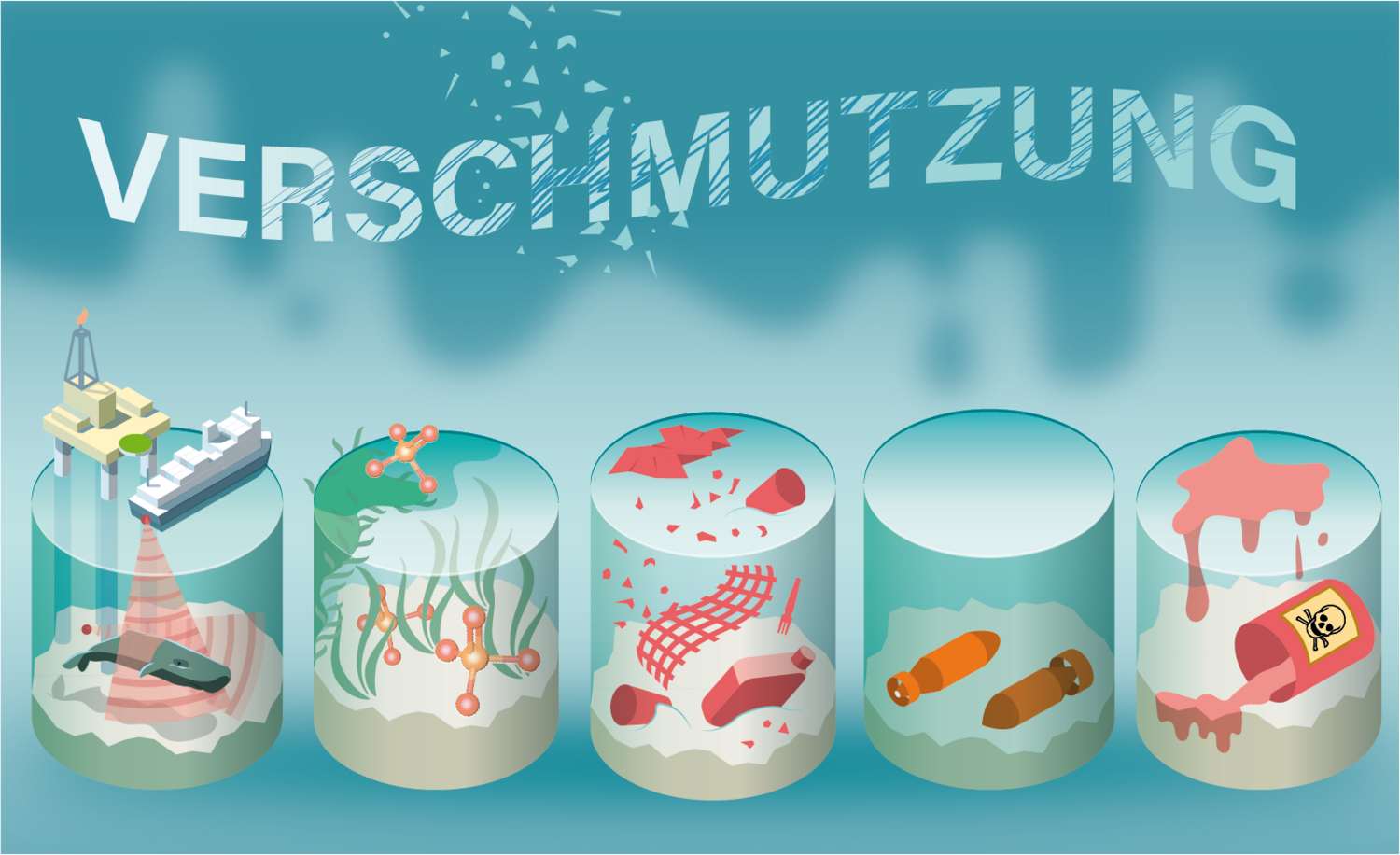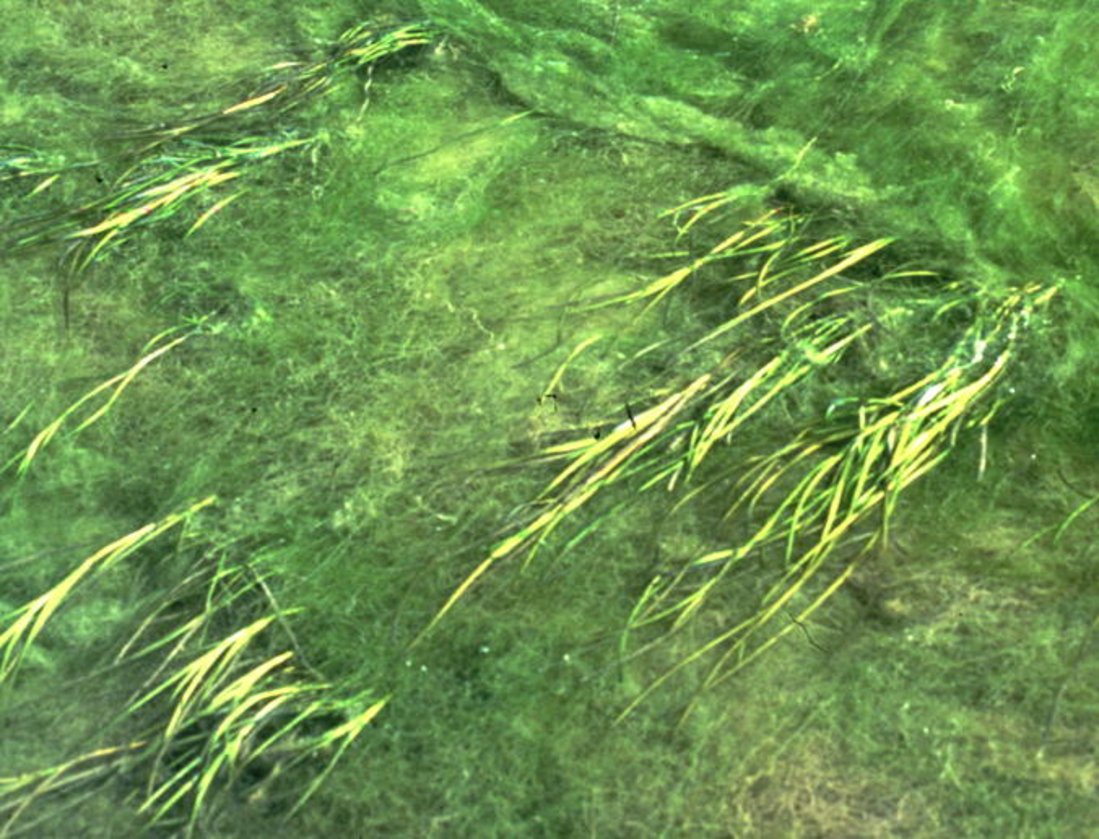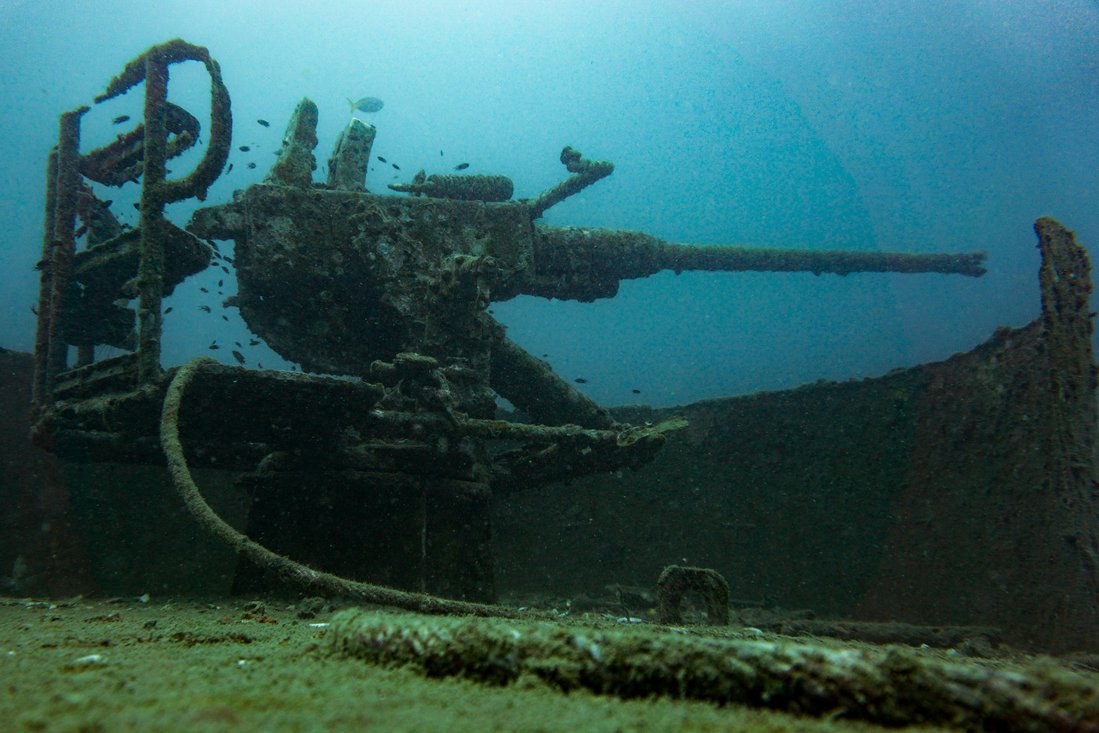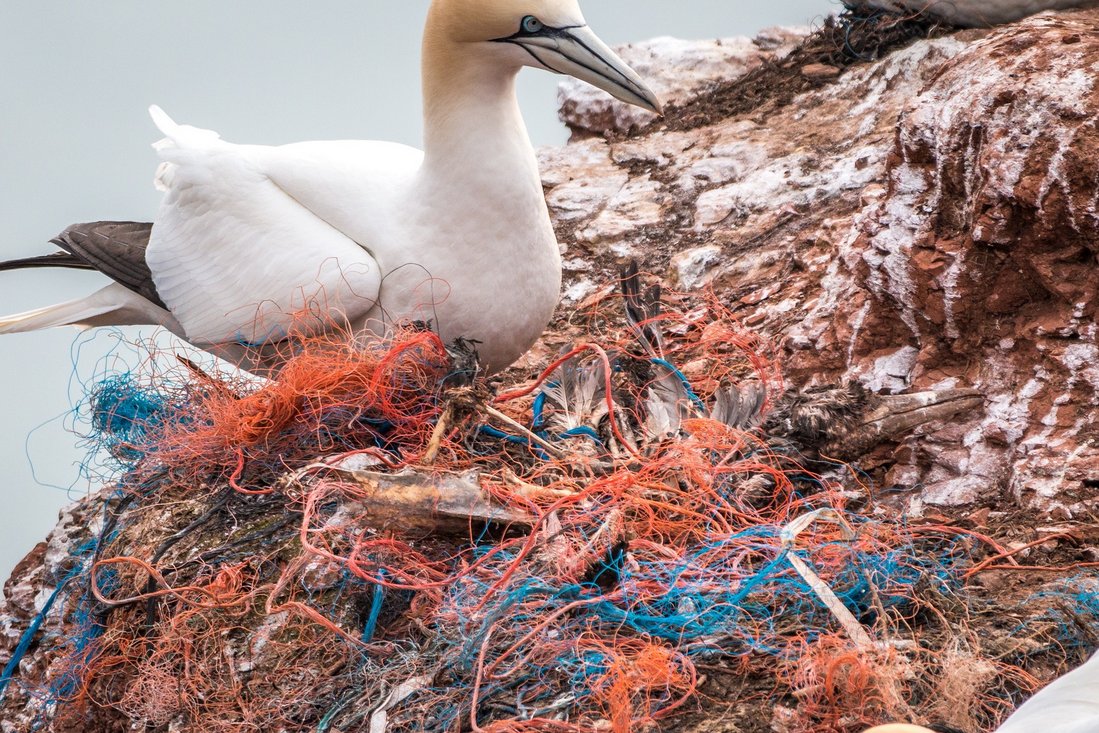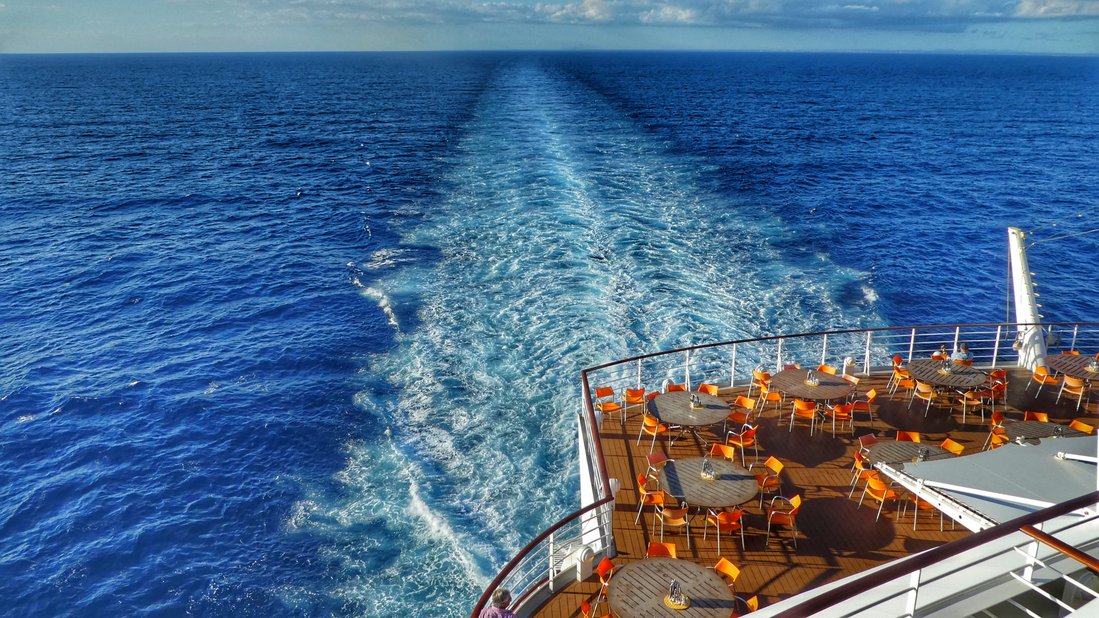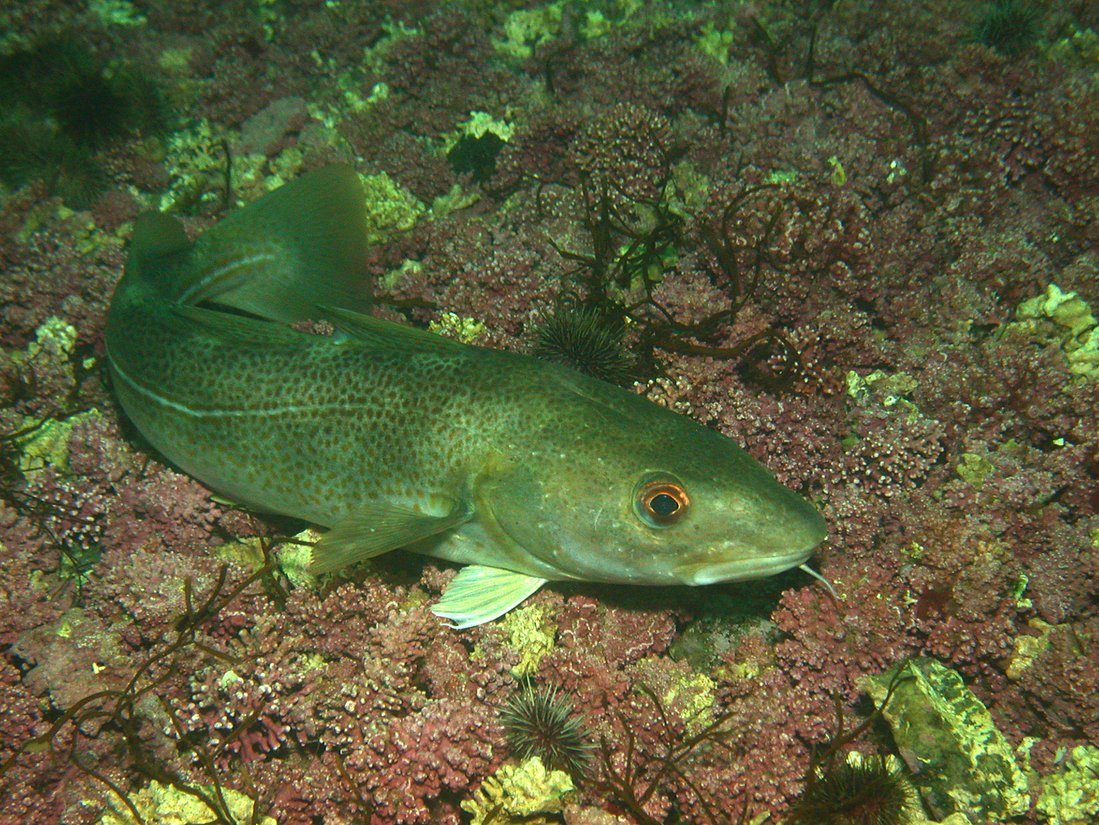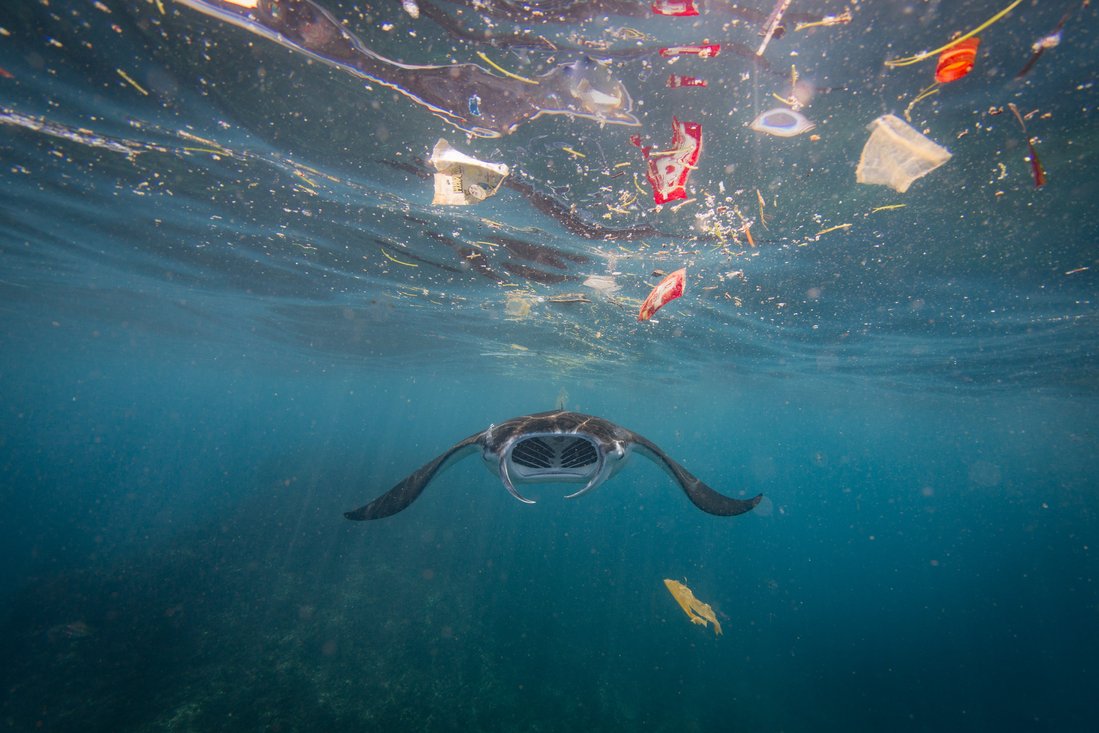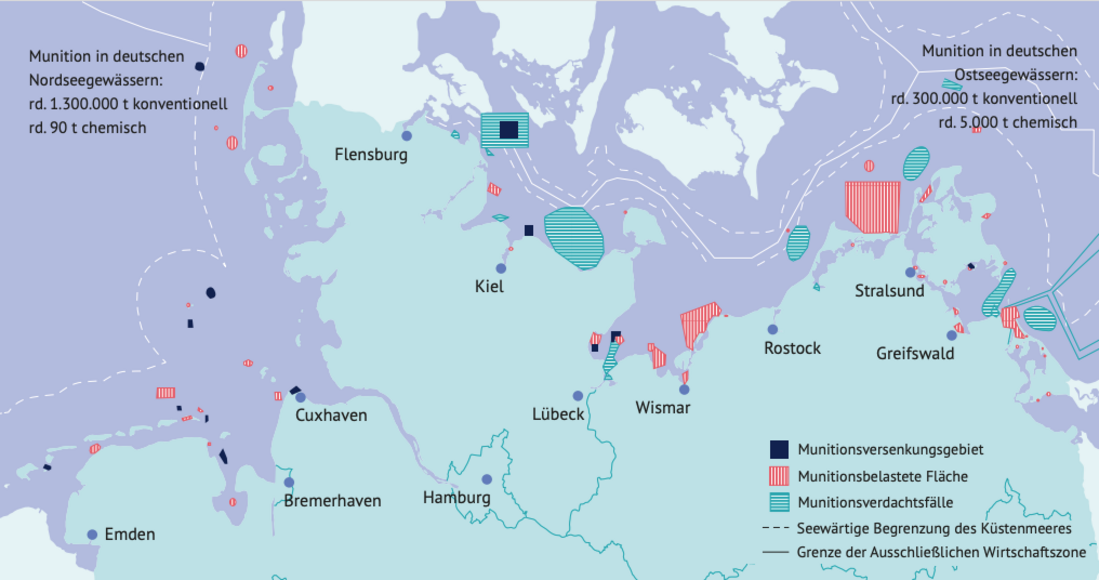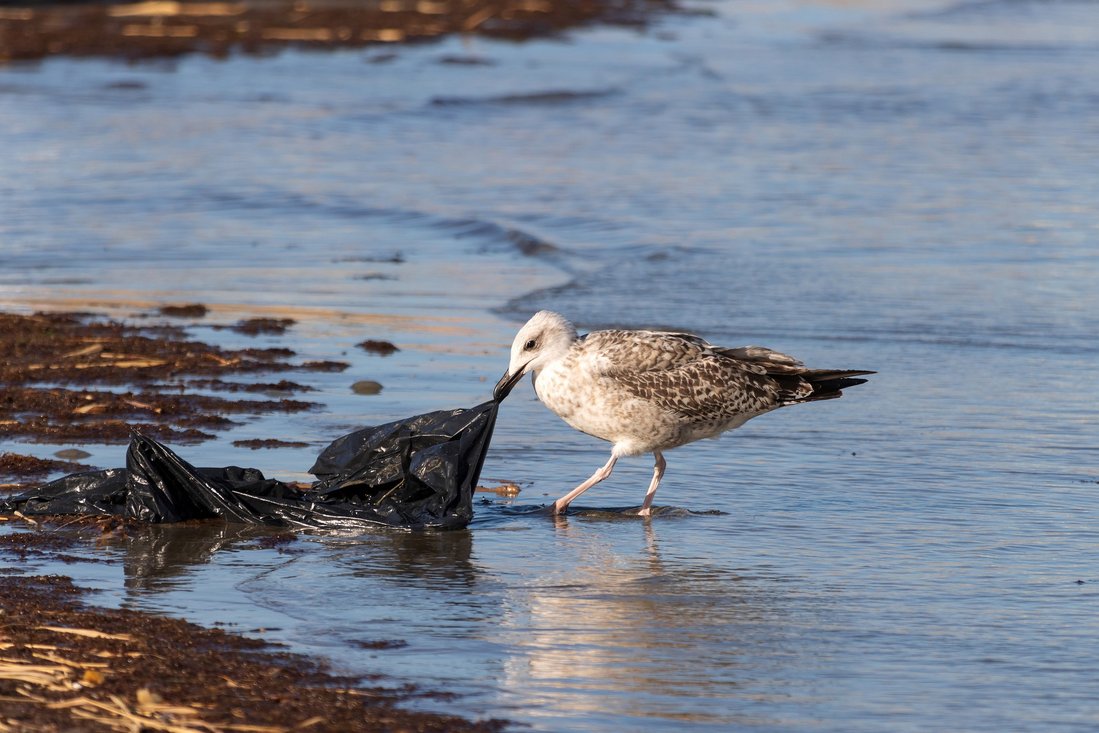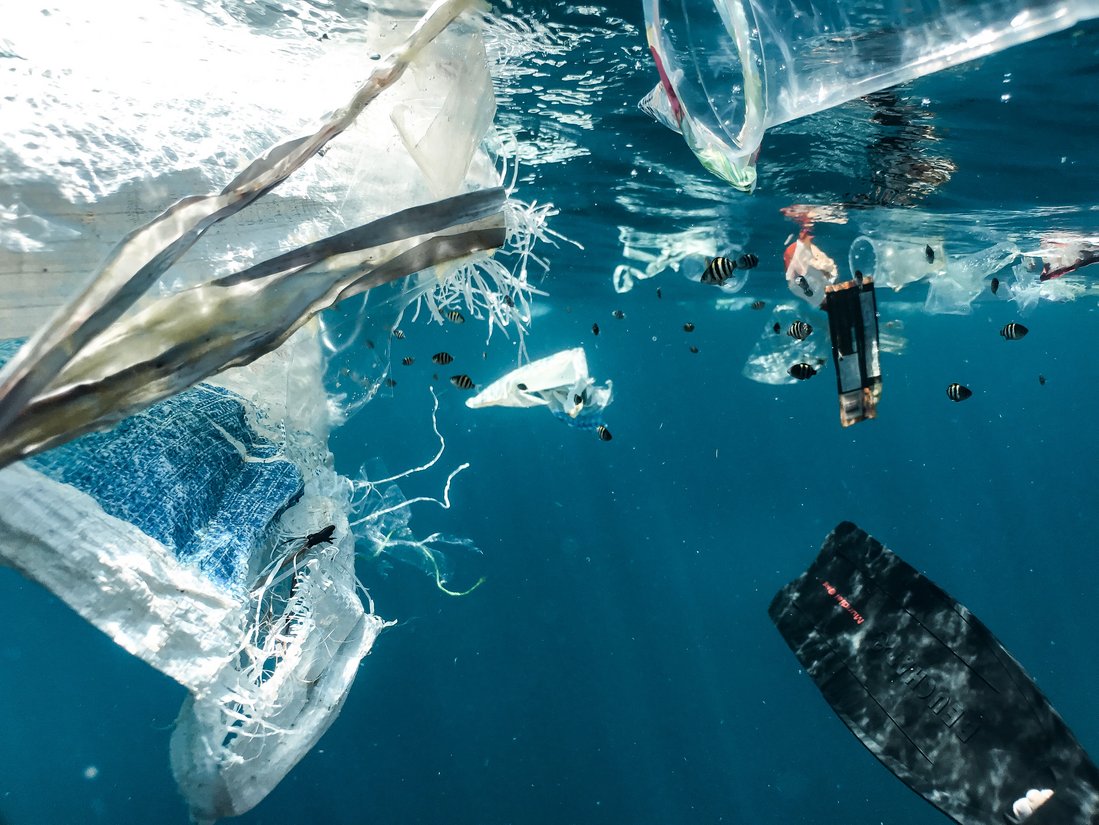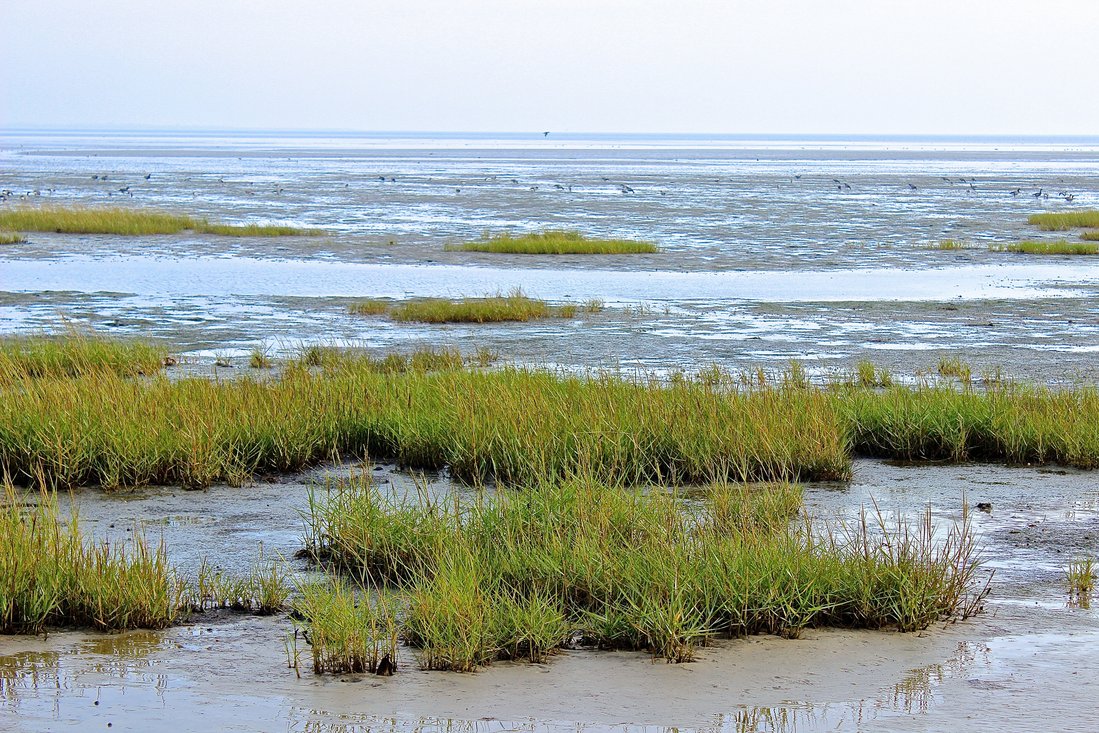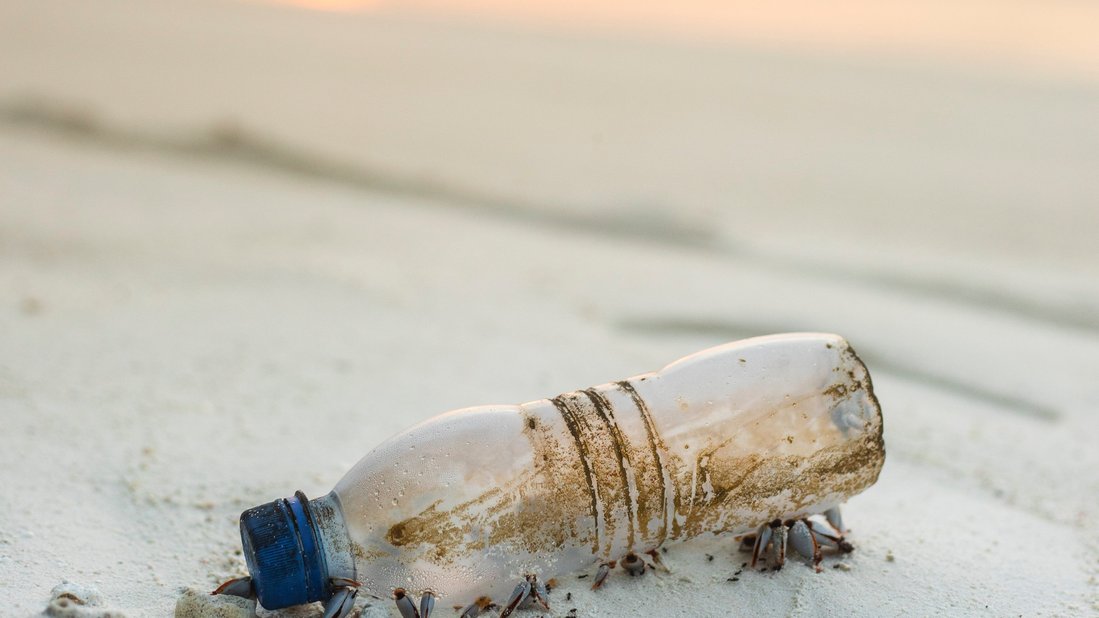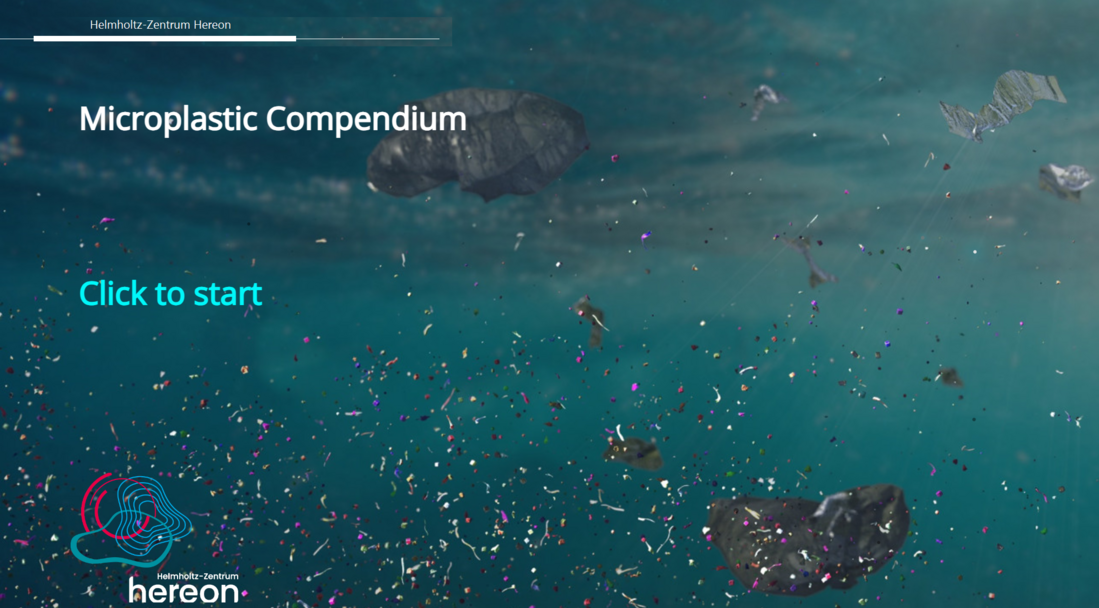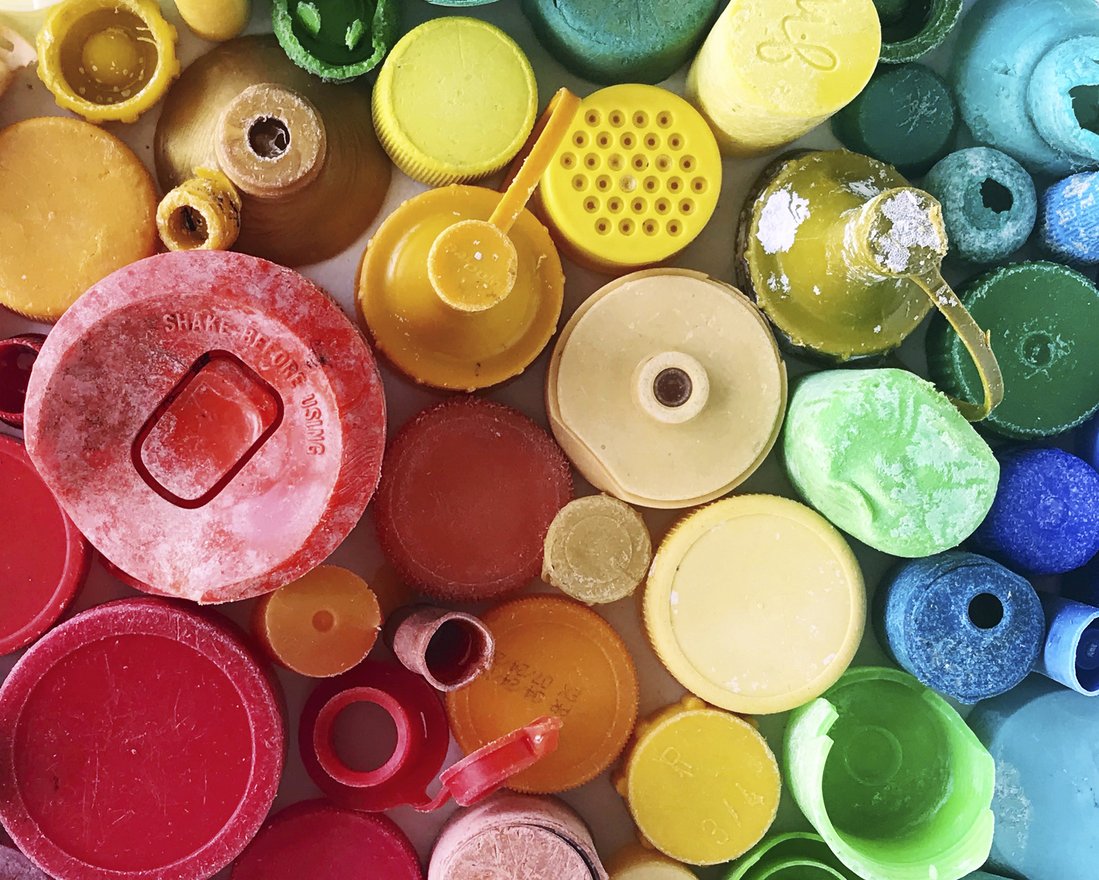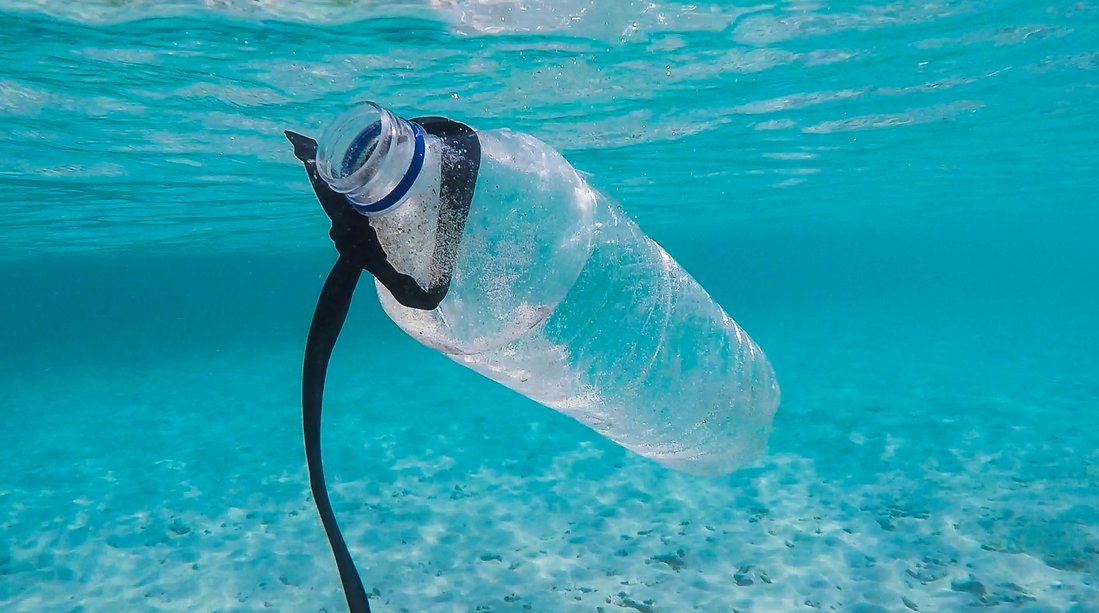Driven by the belief that the ocean is limitless and invulnerable, humanity has used it as a simple dumping ground for centuries. Faeces, wastewater, pollutants, and radioactive substances are all disposed of in the ocean, alongside many inconvenient remnants such as ammunition, decommissioned ships, and oil rigs. Additionally, millions of tonnes of waste - either deliberately dumped or carried by winds and rivers - end up in the ocean, including vast amounts of plastic litter.
Ocean currents spread this dirty and often highly toxic cargo across the globe, carrying it deep into the ocean and turning every form of marine pollution into a cross-border, international issue. The effects are most visibly seen on beaches, where plastic waste constantly washes up. Without regular cleaning, these beaches would no longer be suitable for recreation.
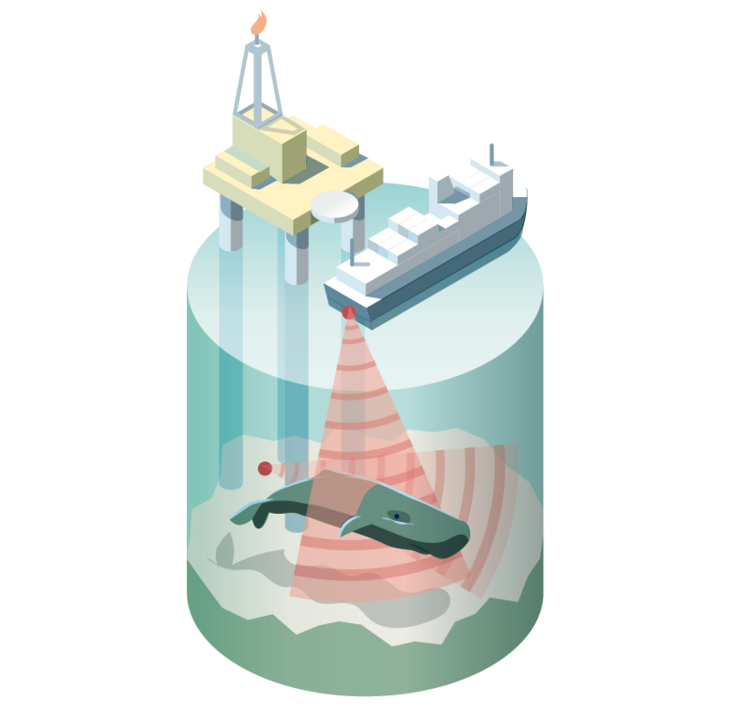
Yet, most environmental issues do not manifest so openly; they occur far from the coast and are hidden beneath the ocean’s surface. For example, underwater noise is a serious threat to marine life. The noise from cargo ships, motorboats, or construction equipment in offshore areas disturbs marine creatures and drives them away from their habitats.
Another challenge is the excessive presence of nutrients in the water. While it might seem paradoxical, as too much food is generally seen as positive, an overabundance of nutrients in the ocean leads to the rapid proliferation of microalgae. This results in unnaturally large algal blooms that block sunlight and deplete oxygen, as the decomposition of dead algae consumes oxygen from the water, leaving less for other marine organisms to breathe.

Another invisible source of danger is the pollution that enters the ocean with waste and wastewater. These pollutants are absorbed by marine animals and plants, accumulating in their tissues. Many of these toxins can trigger cancer, damage the nervous system of living creatures, or cause reproductive issues. They also pose a threat to humans: through seafood, these pollutants make their way to our plates and into our bodies.

The issue of marine pollution has reached the awareness of large parts of the public, as well as some politicians. Numerous civil society initiatives and clean-up actions are underway to help alleviate the waste problem.
Through international agreements and production bans on certain harmful substances, the global community is attempting to address the pollution issue at the political level. There have been some successes, although they are often initially limited to local areas.
For a lasting solution, well-developed material cycles and sustainable waste disposal systems are needed worldwide. These systems must ensure that all types of waste on land are recycled and disposed of - safely and permanently.



